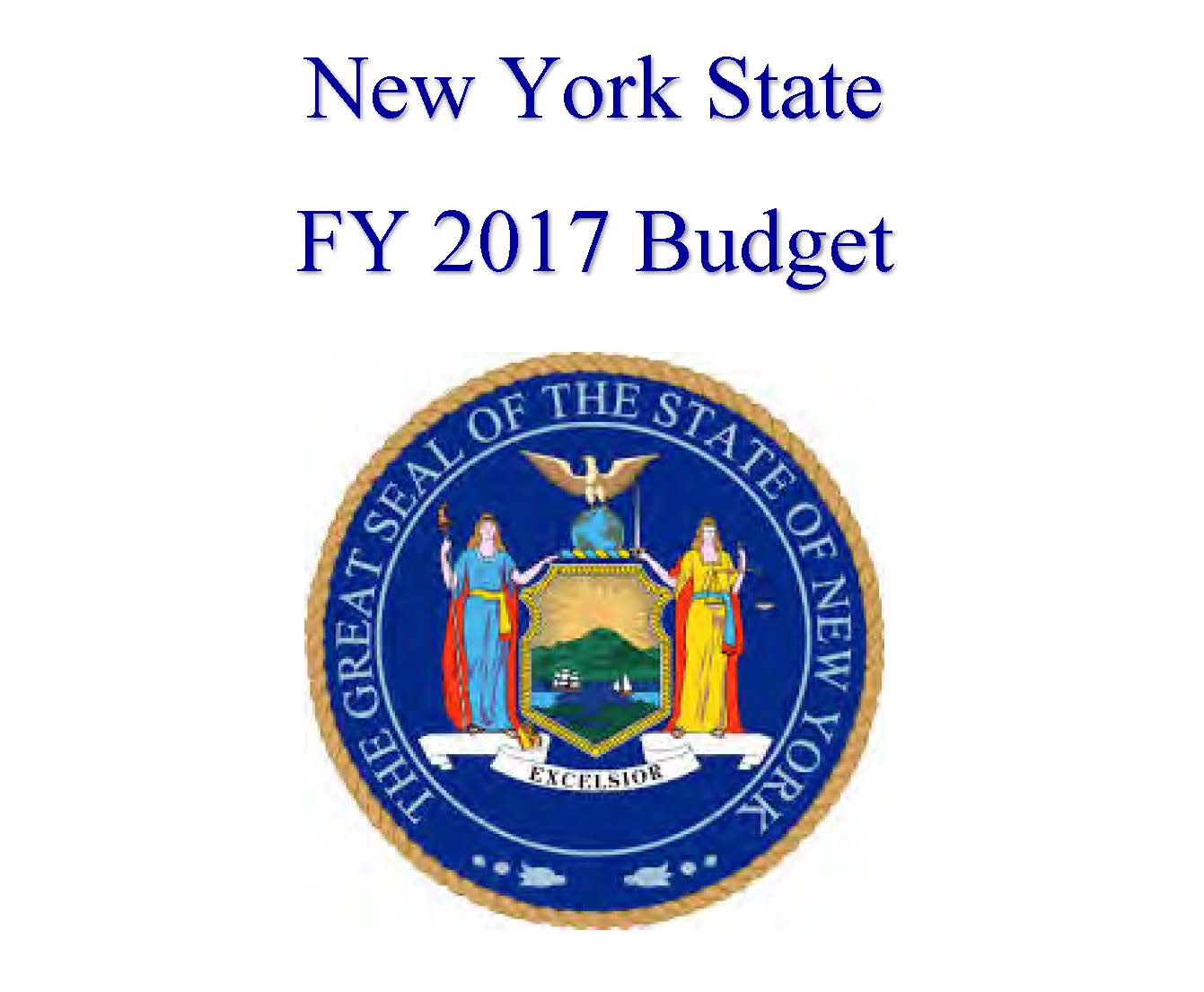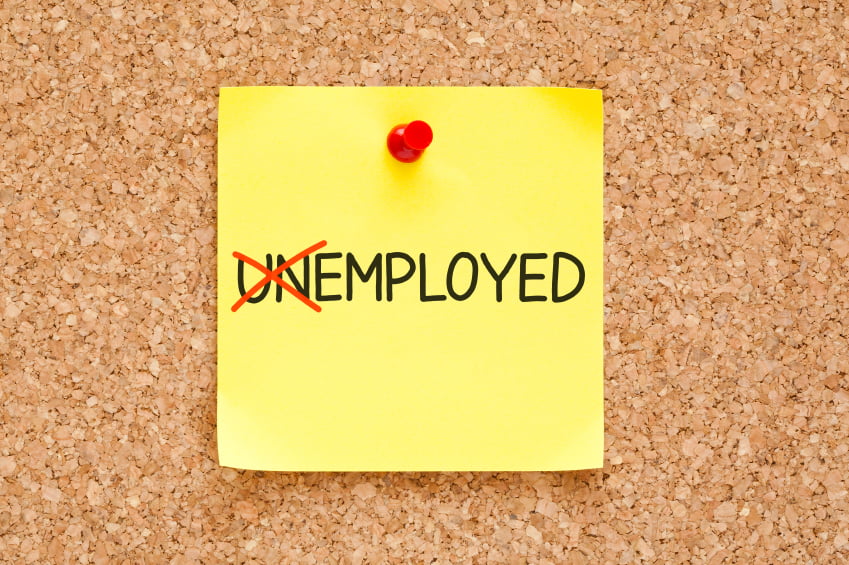New York State Economic and Fiscal Outlook FY 2017
February 3, 2016. In its 26th annual New York State budget briefing book, the Fiscal Policy Institute analyzes and comments on Governor Andrew Cuomo’s FY 2017 Executive Budget. The Executive Budget advances some bold and progressive proposals that well reflect the values and needs of New Yorkers. In particular, the governor has shown great leadership and vision in forcefully advocating for a first-in-the nation statewide $15 minimum wage. If enacted, the minimum wage increase would lift the incomes of 3.2 million New Yorkers who desperately [...]




